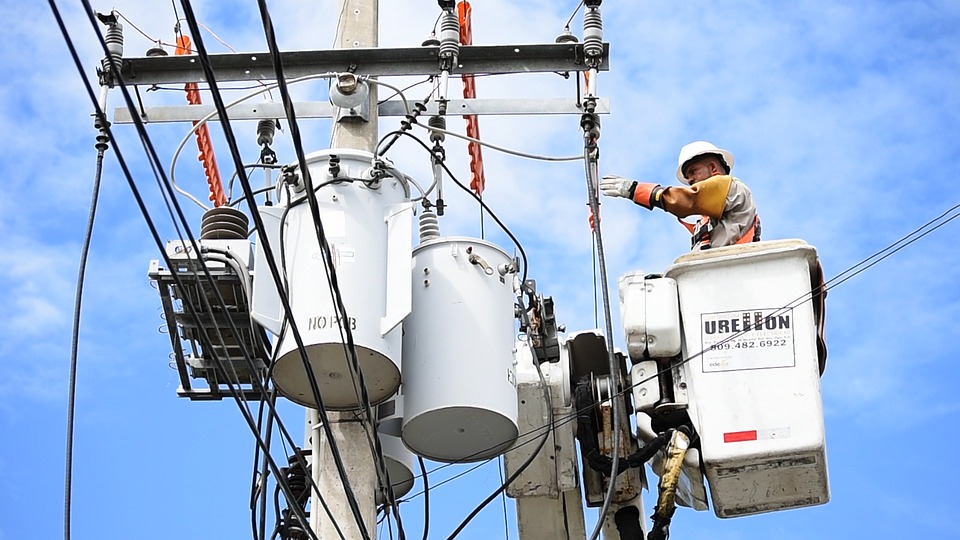Industrial electricians are highly skilled and specialize in industrial applications. They are often
required to work on industrial machinery and large-scale manufacturing plants. They must have
a good understanding of complex machinery and computer networks to ensure that all electrical
system functions properly. This career path requires extensive knowledge of computer systems,
large-scale manufacturing processes, and electrical wiring. To ensure that a company runs
efficiently, they must be skilled in many fields. There are some differences between these types.
There are many types of electricians. Residential electricians focus on electrical installations in
homes, such as lighting, wiring, and heating and air-conditioning systems. Commercial
electricians work on larger projects like constructing new electrical systems at commercial
buildings. These professionals must understand electrical diagrams and be familiar with safety
precautions. They must be able inspect electrical systems for safety. In addition, they must be
knowledgeable about electrical schematics and code.
Specialist electricians are responsible for maintaining and repairing machinery. They also
maintain electrical power supply lines. They can also replace faulty lines and put in new ones.
They may also be required as leaders and to develop work projects. Linemen are required to
adhere to safety regulations as well as codes in their respective industries, whether they are
working on residential or commercial buildings. Although their pay is higher than for construction
workers, they can still work for electric companies.
The most common type of electrician is the residential electrician. These professionals can
handle many tasks around the house. They can either work as an independent contractor or as
part a larger electrical company. If you are looking for a career as an electrician, it is important to
look into the types of roles available in the field. The following information will help you make a
decision about which type of electrician would be best for you. The National Electrical Code
should always be a part of your knowledge, as well the theories surrounding wiring and
electronics.

There are many kinds of electricians. They may be licensed to work on residential or commercial
buildings. They are required to install basic electric systems in these cases. These professionals
will also repair and install security systems. They will need to have the appropriate trade
experience and qualifications depending on their industry. Although their duties may vary,
electricians share many of the same skills and abilities. It is important to consider all the jobs that
you can do in this field before you decide to become an electrician.
You should know what their job duties are, regardless of whether you are looking for an
industrial or residential electrician. There are some electricians who specialize in specific
industries like industrial and commercial buildings. Some electricians are trained to work in
different industries. An industrial electrician might be needed to install an electrical system. An
electrician will be able determine the type and size of electrical wiring required. An electrician
can also repair any problem.
There are many kinds of electricians. Those who work in industrial settings are known as
maintenance electricians. They are responsible for troubleshooting problems and checking the
equipment. An installation electrician is a job for those who work in residential environments.
Regardless of the type of electrician, they are trained to diagnose and repair electrical systems.
The type of electrical equipment an electrician is responsible for will determine his role. A
qualified electrician will be familiarized in all areas of wiring.
There are many different types of electricians. The residential electrician will manage electrical
needs in residential properties such as wiring and new lighting. An industrial electrician can work
with high voltage components or micro-currents. A commercial electrician is usually responsible
for wiring homes or businesses that are connected to a single-phase power source. The
industrial electrician will also work with complex equipment and high voltage. A road system
electrician will run the most common cable, including traffic lights and street lights.
There are many types of electricians available if you’re looking to make a career in the electrical
industry. The residential electrician focuses on residential electrical work. They will install and
upgrade various kinds of lighting. They will also install, maintain and repair electrical systems. If
you’re looking for a career as a residential electrician, you can start your own business. You can
set your own hours and choose where you work as a contractor